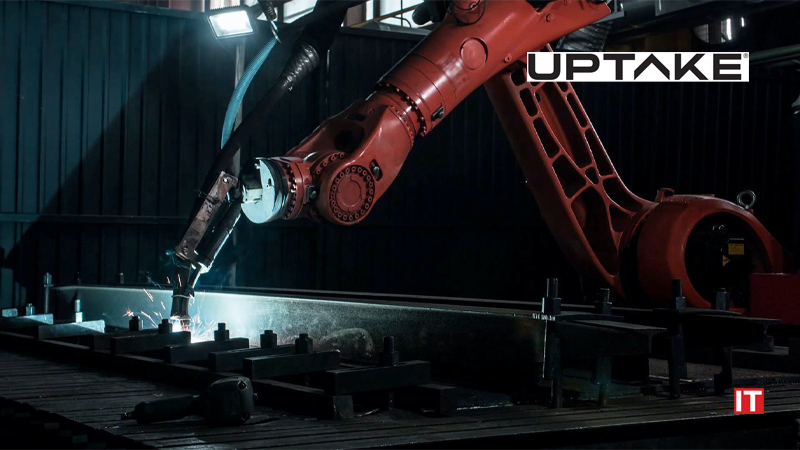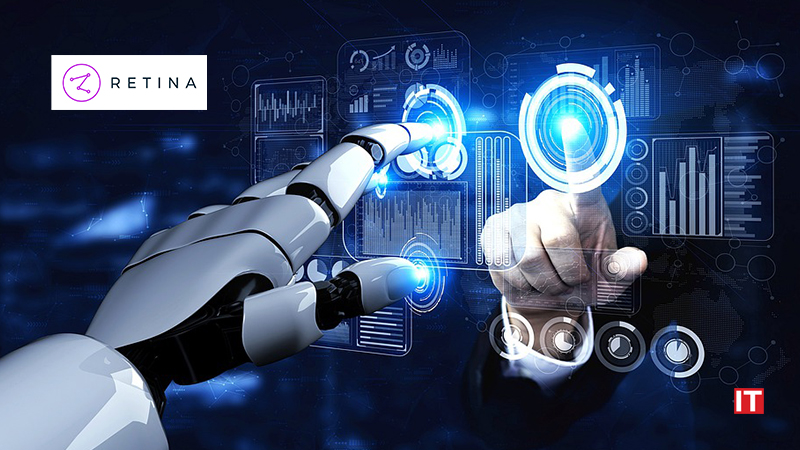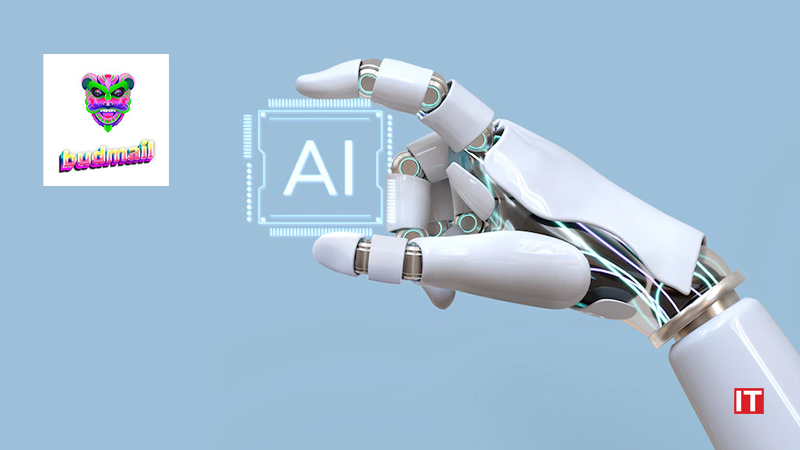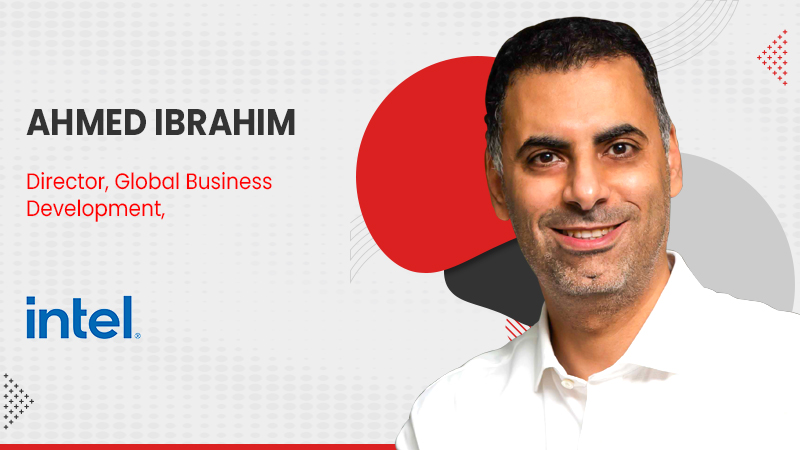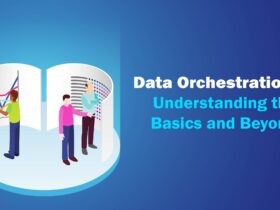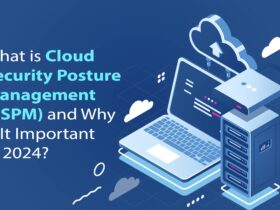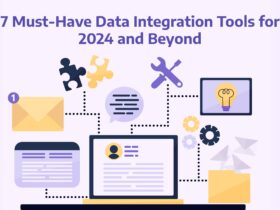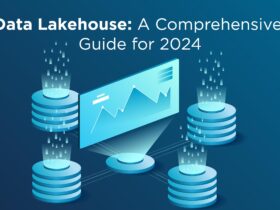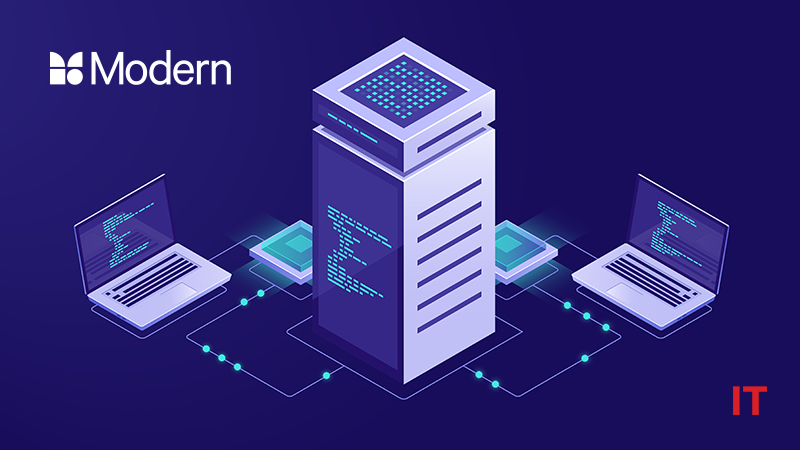The Modern Data Company, known for its expertise in developing and managing advanced data products, is pleased to announce its Honorable Mention designation in Gartner’s Magic Quadrant for Data Integration Tools based on our leading product DataOS®.
“This award underscores our commitment to productizing data and revolutionizing data management technologies. Our focus goes beyond traditional data management. We accompany companies on their journey to effectively use data, achieve tangible returns on their data investments and leverage advanced technologies such as AI, ML and Large Language Models (LLMs). This recognition is a testament to Modern Data’s alignment with the latest industry trends and our commitment to setting new standards in data integration and use.” – Srujan Akula, CEO of The Modern Data Company
Inclusion in the Gartner report underscores The Modern Data Company’s pivotal role in shaping the future of data integration. Our innovative approach, embodied in DataOS, enables companies to tackle the complexities of data management and turn data into a strategic advantage. By simplifying data access and integration, we enable companies to realize the full potential of their data and drive insights and innovation without interruption.
Also Read: Kinetica Recognized for Business Impact & Technology Innovation in Big Data with Industry Awards
“Modern Data being recognized with an Honorable Mention in the Gartner MQ for Data Integration is a testament to the transformative impact their solutions are having on organizations like ours. DataOS has been instrumental in enabling us to integrate multiple data sources so our teams have access to the data they need to make data-driven decisions.” – Emma Spight, SVP Technology, MIND 24-7
The Modern Data Company simplifies the way companies manage, access and interact with data using its DataOS (data operating system), which unifies data silos at scale. It provides ontology support, graph modeling and a virtual data layer (e.g. a Customer 360 model). From a technical perspective, it bridges the gap between the conceptual and physical data models. Users can conceptually define what they want, and the software combs through and integrates the data. DataOS provides a structured, repeatable approach to data integration that increases agility and ensures high-quality results. This shift from traditional pipeline management to data products enables more efficient data operations because each “product” is designed for a specific purpose and with standardized interfaces, ensuring consistency across different uses and applications. With DataOS, companies can expect a transformative impact on their data strategies, featuring greater efficiency and a robust framework for dealing with complex data ecosystems, enabling more and faster iterations of conceptual models.
SOURCE: Businesswire


